Septic Service Schedule and Maintenance
Septic service frequency depends on several factors including household size, tank size, and usage patterns. Regular maintenance ensures proper function and prevents costly repairs. Typically, septic tanks should be inspected and pumped every 3 to 5 years.
Spring and fall are ideal for septic inspections to prepare for increased usage or winter shutdown.
After building or renovations, septic systems should be checked to ensure proper operation.
Prior to hosting large gatherings or during peak usage times, scheduling service can prevent system failures.
Regular maintenance is recommended every 3 to 5 years to keep the system functioning efficiently.
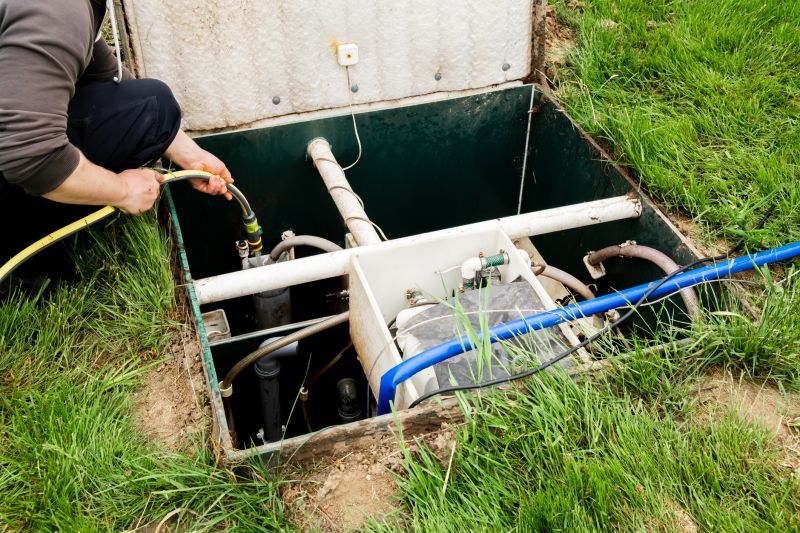
Professional inspection ensures proper functioning and early detection of issues.
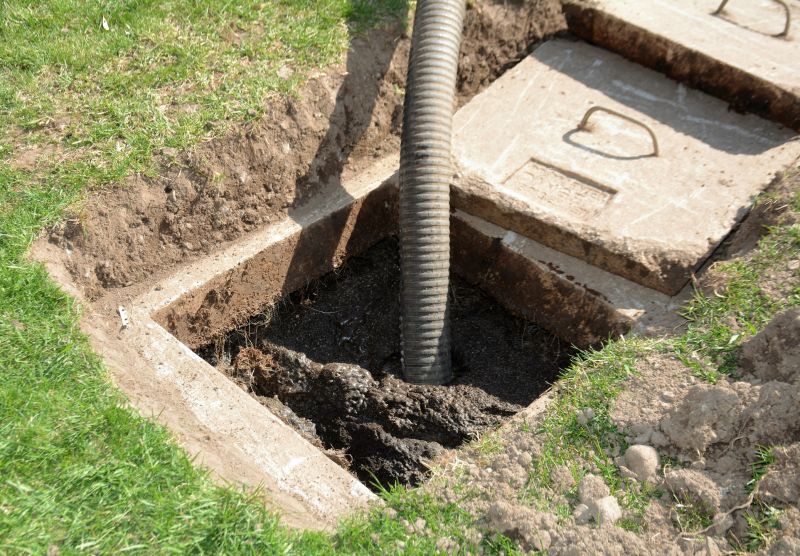
Septic pumping removes accumulated sludge and prevents system failure.

Proper care of drain fields prolongs system lifespan and efficiency.
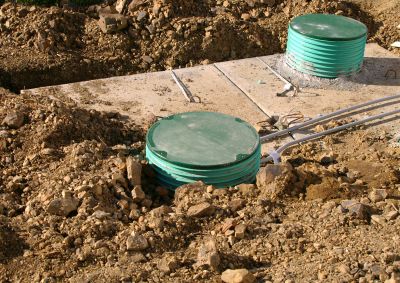
Ways to make Septic Service work in tight or awkward layouts.
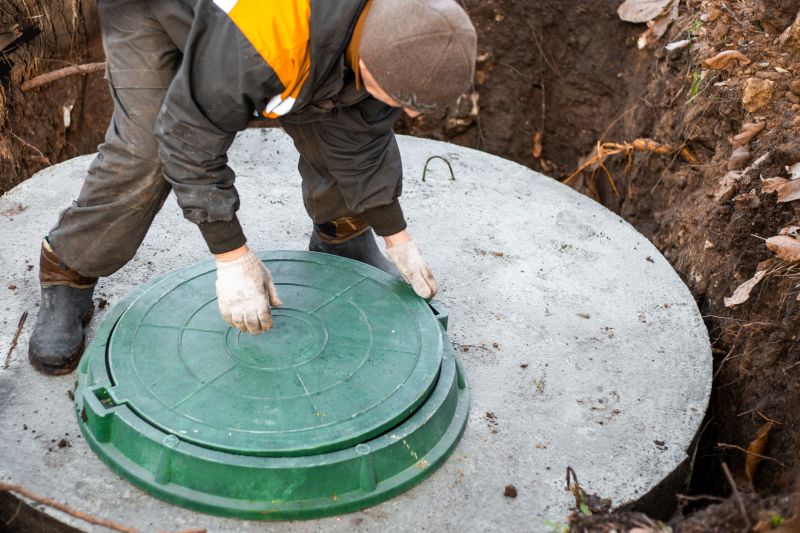
Popular materials for Septic Service and why they hold up over time.
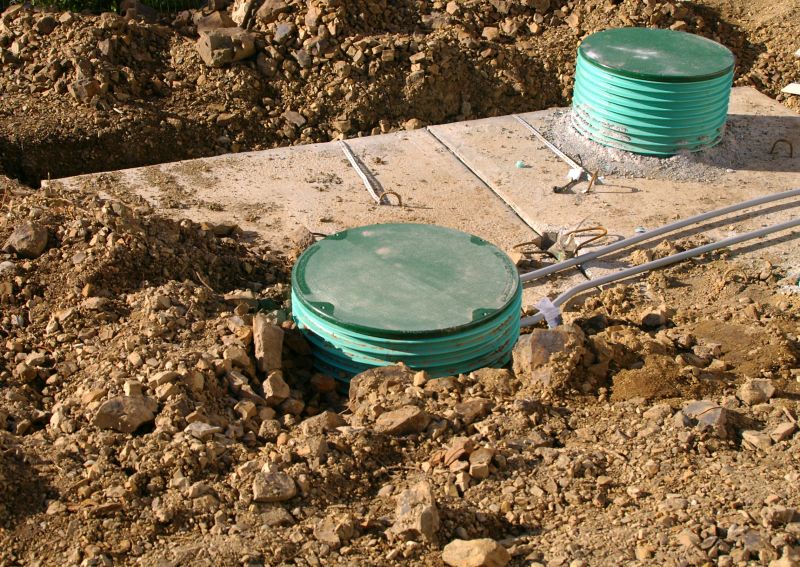
Simple add-ons that improve Septic Service without blowing the budget.
| Best Time for Septic Service | Recommended Actions |
|---|---|
| Spring | Inspection and pumping to prepare for increased usage. |
| Fall | System check before winter to prevent freezing issues. |
| Post-Construction | Inspection after building projects. |
| Before Large Gatherings | Service to handle peak usage. |
| Routine Schedule | Every 3-5 years for regular maintenance. |
| Signs of Trouble | Immediate service if odors or backups occur. |
Septic systems are vital for waste management in properties without access to municipal sewer lines. Proper scheduling of septic service helps maintain system health, prevents environmental contamination, and avoids costly repairs. Regular maintenance includes inspections, pumping, and drain field assessments, ensuring compliance with local regulations and optimal performance.
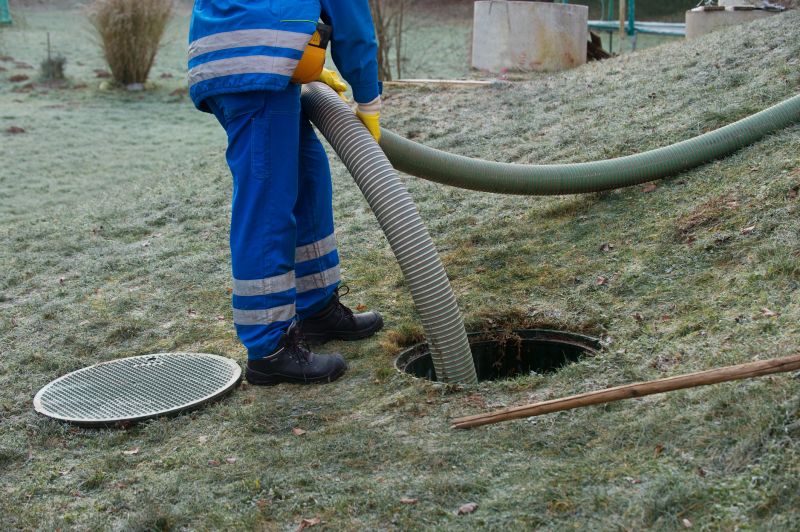
Understanding system parts aids in proper maintenance.
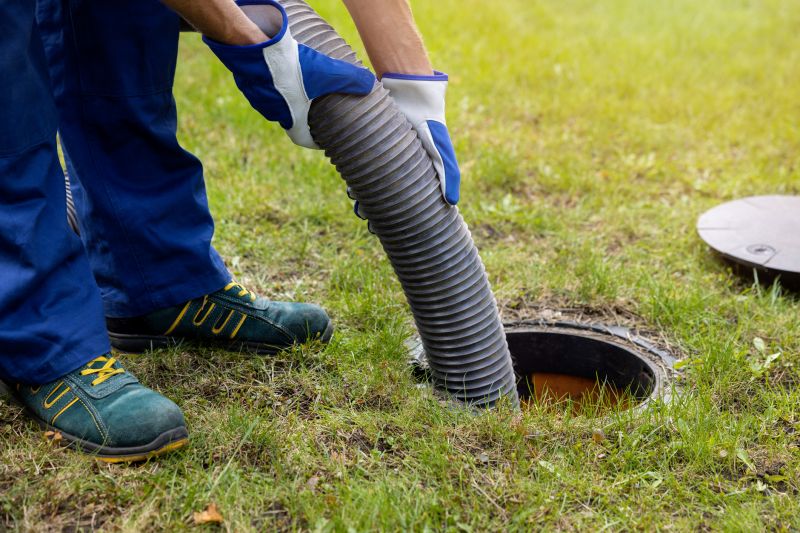
Removing sludge to prevent buildup and backups.
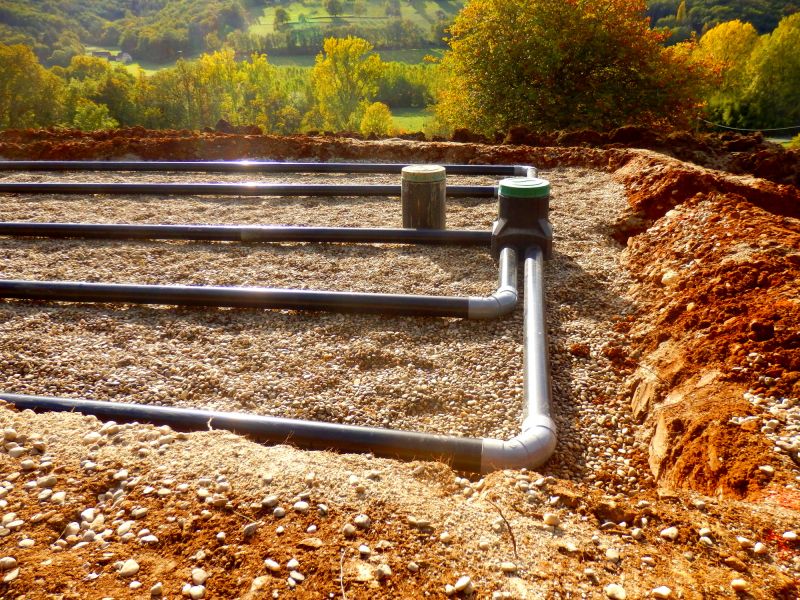
Avoiding heavy vehicles and planting deep-rooted plants.
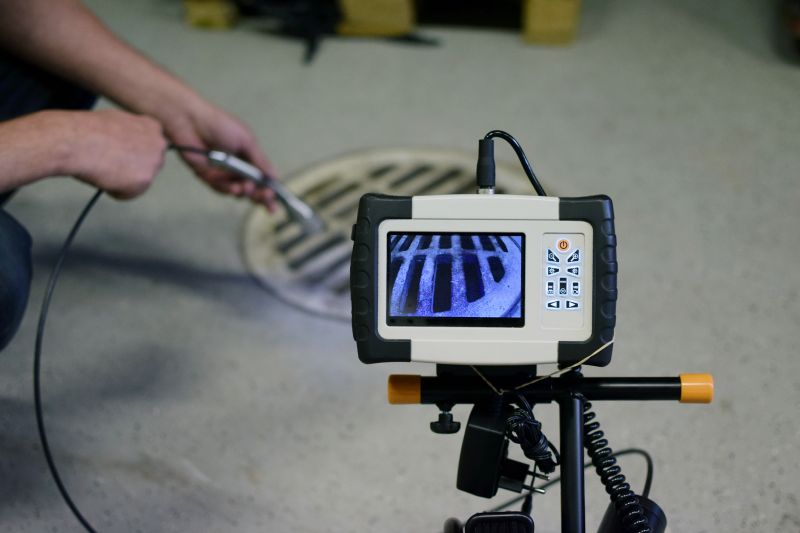
Advanced tools for thorough system assessment.
Interested property owners in Burlingame, CA, can benefit from timely septic service to ensure system longevity and compliance. Regular maintenance not only prevents emergencies but also supports efficient waste processing, safeguarding health and property value.

